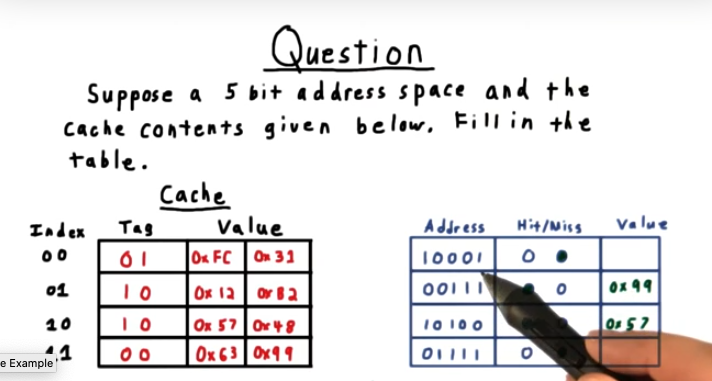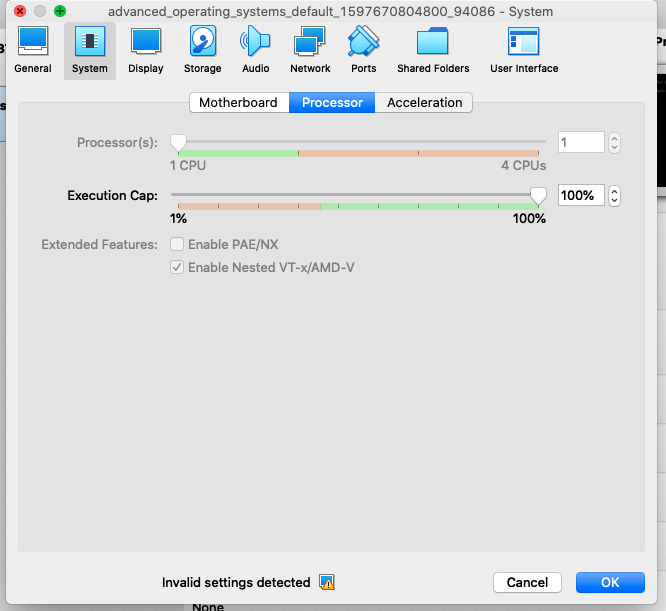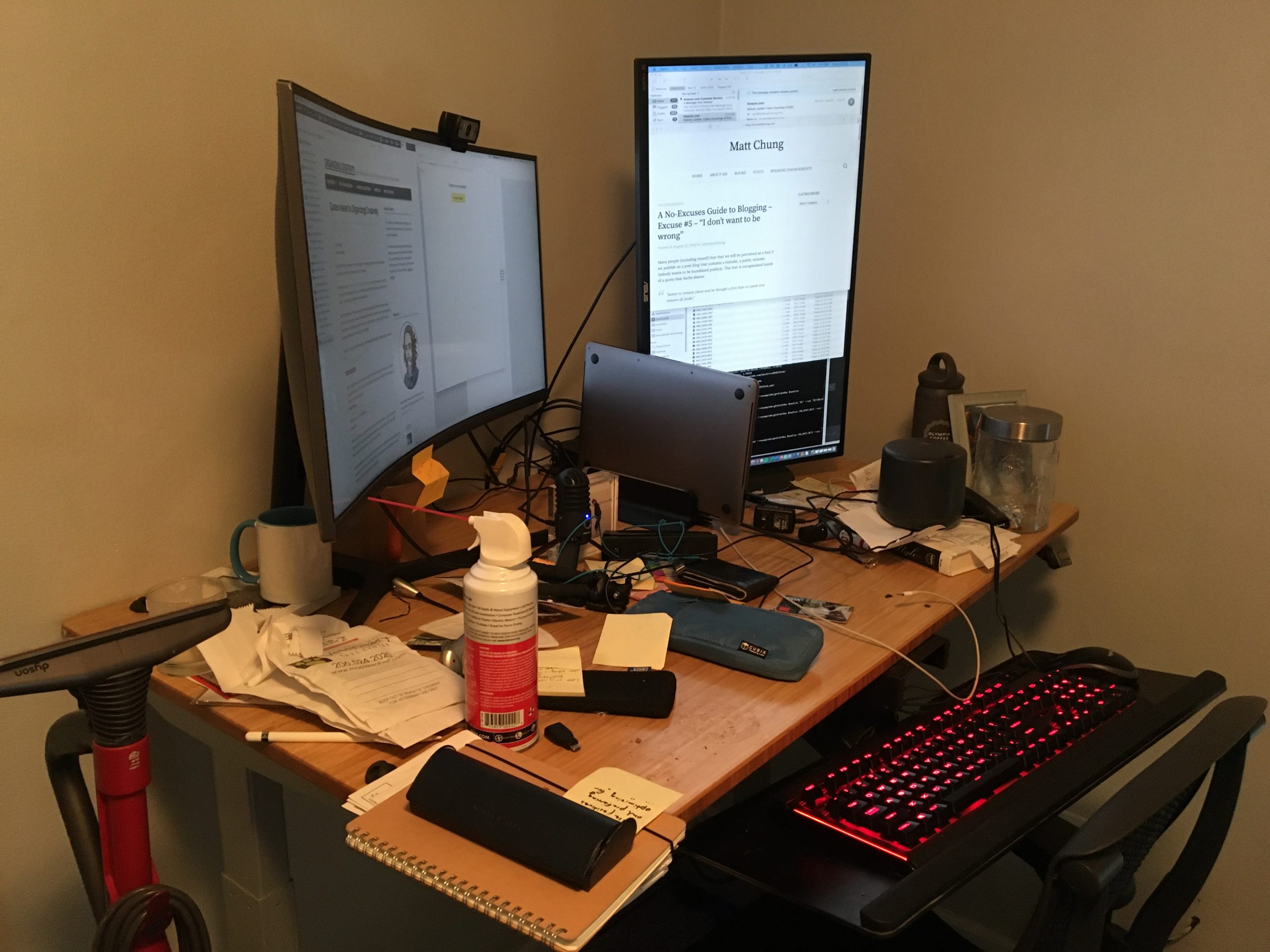Have you ever read a passage that flows (i.e. has cohesion) but it just … doesn’t make any sense, no matter how many times you read it? You can lexically parse the passage (i.e. makes grammatically sense) but you cannot grasp the meaning? If so, the passage probably lacks coherence.
What is coherence?
According to Joseph Williams2, author of Style – Ten Lessons in Clarity & Grace, a passage is coherent when the sentences merge into a unified passage. The passage’s author not only needs to link pairs of individual sentences, but they need to sequence the sentences so that together, the sentences are unified. To this end, Joseph Williams suggests focusing the topics to a limited number of concepts. By doing so, the author helps prevent scattering the reader’s sense of what a passage is globally about. Moreover, Joseph Williams suggests using “connectives”, helper words that link one sentence to the next, words such as: and, but, or, therefore, nonetheless, however, even though, despite.
But it’s … not that simple. Should connectives always be sued? According to Steven Pinker1, using too many connectives will belabor the obvious and potentially water down the material, patronizing the reader. On the other side of the spectrum, using an insufficient number of connectives can leave the reader puzzled and confused as to how one statement follows from the last.
Wanting to better understand how to achieve a coherence, I read the chapter “Coherence” in Steven Pinker’s book. In the section that follows, I’ll share the 13 of the different ways one sentence can flow to another. These different methods are also known as coherence relations.
(more…)




